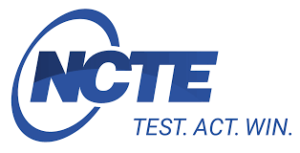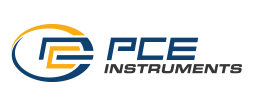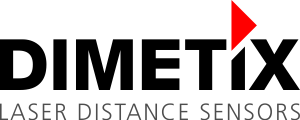Digital Signal and Encoders
The digital signal converters are electronic devices that transform signals from one type to another, allowing communication and compatibility between different systems. In the context of encoders, these converters facilitate the transmission of position and speed data in industrial and automation applications.
Encoders:
An encoder is a device that converts mechanical motion into a digital electrical signal. They are used to measure the position, speed and direction of a moving shaft or component. There are two main types of encoders:
- Incremental encoders: They generate pulses that indicate relative movement from a reference position.
- Absolute encoders: They provide a single, specific position at all times, without the need for additional reference.
Digital signal converters for encoders:
These devices convert encoder signals into formats compatible with other control or monitoring systems. For example, they can transform incremental encoder signals into standard analog or digital signals, facilitating their integration into industrial control systems.
Applications:
Digital signal converters and encoders are used in a variety of applications including:
- Industrial automation: To control and monitor production processes.
- Robotics: In position feedback and motion control.
- Engine control systems: To regulate the speed and position of electric motors.
- Measuring instrumentation: In systems that require precision in measuring displacements or speeds.
Choosing the right converter depends on factors such as the type of encoder, the required signal format, and the specifications of the system into which it will be integrated.
Products: 18






















